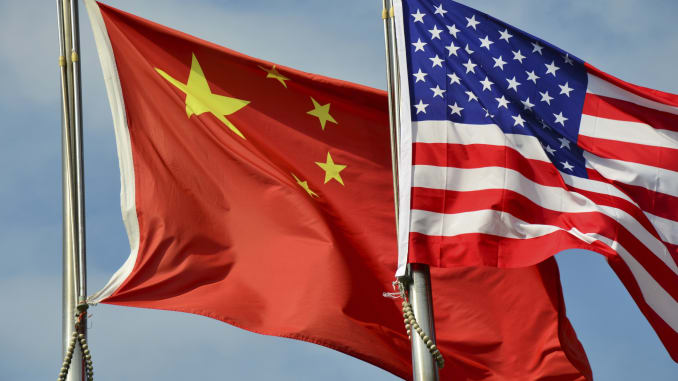
Dr Gulrez Sheikh
The bottom line of many defence analysts—that for Europe a foreign policy autonomy is impossible and that stability in Europe requires a substantial U.S. commitment for decades to come—is wrong.
The United States should gradually draw down its military presence to allow time for Europe to improve its forces and must concentrate in the Indo-Pacific theatre.
I’m not saying the United States should leave NATO next week.
The modern states can assemble potent military capabilities in fairly short order if given sufficient incentive to do so.
With the U.S. security blanket firmly in place. As long as that is the case, Europeans are likely to concentrate on their particular national concerns and focus less attention on the risks that American power takes off the table.
And when analysts talk about Crimea, do not forget that it happened when the U.S. guarantee was unquestioned.
Downgrading or removing a U.S. security guarantee that has been in place for nearly 75 years would spark a substantial reassessment among Europeans. This will lead to serious efforts on security from the European side.
Not to forget that Europe has world-class arms industries, an advanced space launch & satellite capability, military expertise, & the ability to purchase advanced weaponry from the U.S. It would not take a decade or more for European countries to develop conventional forces.
Actually the European economic integration in 1950s occur due to the fear that the United States would soon head home.
And from whom the Europeans are afraid of? The spectre of Russia?
Why Russia would risk a major war to reincorporate countries containing some of the most anti-Russian populations in the world?
It doesn’t happen.
And for Uncle Sam, if one of your primary goals is keeping a check on China, then you need to detangle from the Middle Eastern & European theatres and concentrate on the Indo-Pacific.














Comments